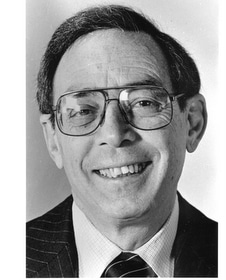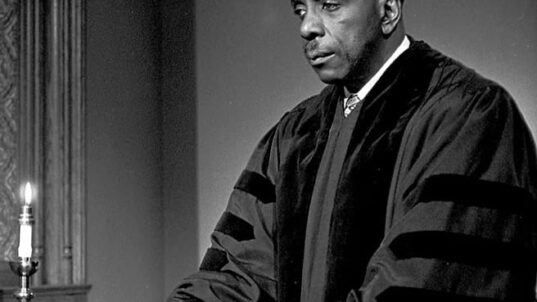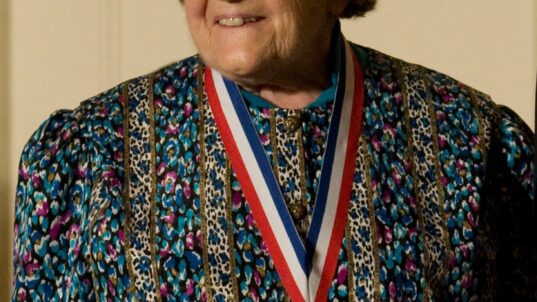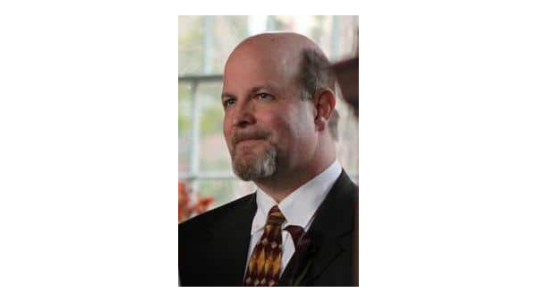
Jack Geiger, MD
In 1925 Jack Geiger was born in New York City to Jewish immigrants from Austria and Germany. Jack was a quick learner, graduating high school at the age of 14. He wasn’t old enough to go to college, so he got a job with the New York Times. Jack was a fan of jazz and spent most evenings in his teen years listening to the jazz greats in Harlem. He left his home to live in Harlem with an African American actor, Canada Lee. It was in Lee’s home that he first learned about the realities of racism in America.
Jack eventually was able to get an age exemption to attend college but left in 1943 when he was 18 to join the war effort. He enlisted in the Merchant Marines since it was the only integrated military service at the time. When Jack was discharged, he enrolled in pre-med studies at the University of Chicago. What he found was disturbing. African Americans were denied treatment and denied admission to the medical school. He organized a strike protesting the racism. Over 2,000 doctors and students joined in the strike. He was effectively blackballed by the American Medical Association for these efforts, temporarily blocking his plans to attend medical school. After five years of working as a science journalist, Jack was able to resume his medical education at Case Western. While in medical school, he was given a grant to go to South Africa to work in a health clinic. His work there opened up a broader understanding of the social determinants of health, including factors like poverty, sanitation, and nutrition.
The experience in South Africa led Jack to focus on a more holistic community-based approach to medicine. He cofounded and served as president of Physicians for Social Responsibility, and he later also cofounded and served as president of Physicians for Human Rights, each of which won Nobel Peace Prizes for their contributions to disarmament efforts and to banning land mines. He also became involved in President Johnson’s War on Poverty and created community-based health clinics in the Deep South. His work again focused on conditions that led to poor health, including sanitation, drinking water, food, and education. The work that he started now includes 1,300 clinics serving more than 28 million low-income patients.
How many professionals have commitment like Jack’s—to use their professional skills for the benefit of society? He expanded the concept of what healthcare should be. He wasn’t asked to do this. He could have had a lucrative medical practice and comfortable life style. But that was not his calling.
Just imagine if every professional made a difference beyond just the limited practice of their profession. What if professionals broadened their perspectives, to address the interrelated social factors that impact people’s wellbeing? This would require a commitment to reaching out to those in need. It would require reaching beyond one’s narrow field of expertise. It may be uncomfortable at times. Commitment is more than financial contributions. It involves touching areas of need in a personal and holistic way. At the end of our careers, these personal commitments to healing society are likely to be the things we count as our greatest accomplishments.
* * *
“Our concept of health is to make social change, to build the institutions that make social change, and to keep it going. We call it Community Health Action.”—Jack Geiger, MD
This is part of our “Just Imagine” series of occasional posts, inviting you to join us in imagining positive possibilities for a citizen-centered democracy.



